

| State Level Govt. Exams |
|---|
| Crash Courses |
|---|
| Chapterwise Study Material & Notes |
|---|
| Books / eBooks |
|---|
| Mock Tests Series |
|---|
| Free Video Leaning Programe (VLP) |
|---|
BUY Online Study Materials/Notes |
|---|
| Practice Sets |
|---|
| Je & Ae Exams |
|---|
| Coaching for Schools Students (K-12) |
|---|
| NCERT Solutions |
|---|
| Quick Links |
|---|
Karnataka Public Service Commission (KPSC) has released official notification for recruitment to 571 posts. Those candidates who fulfill the eligibility conditions set by the Commission.
The Karnataka Public Service Commission (KPSC) Preliminary Examination is the first step in the recruitment process for various government jobs in the state of Karnataka, India. This examination is a crucial stage for aspirants seeking employment in different state government departments.
The KPSC KAS Exam Schedule has been released. - The prelims exam will be held on 21st July 2024.
Educational Qualification — A candidate must have pursued the Bachelor's Degree from a UGC recognised University. Age Limit — One's age must not be below 21 years or above 35 years, and there will be upper age relaxation for 5 years for reserved candidates.
The pay scale for the salary of KAS officer per month is Rs 47600-Rs 151100 in Level 8. Moreover, the JKPSC KAS in hand salary will be approximately between Rs 65,000-Rs 70,000 per month with allowances.
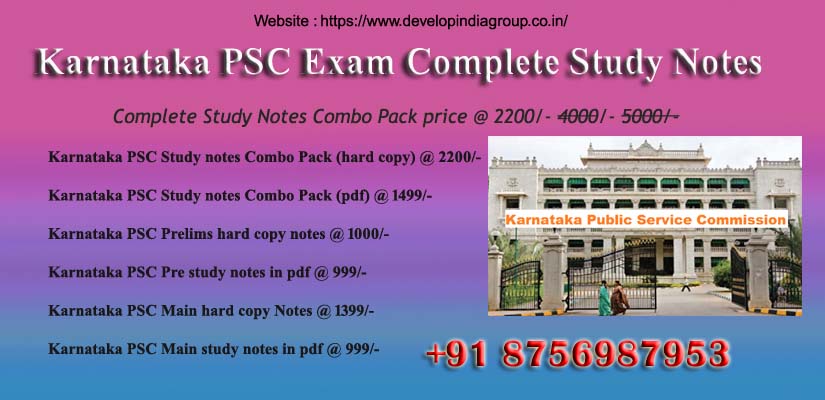 |
"for sure selection in the upcoming exam" Complete Study Notes available in English & Hindi medium Pay us via After payment plz shared your postal address for hard copy; OR email for pdf along with payment screenshot on same number. |
| Offer price only for this month |
KPSC Hard copy Combo Pack @ 2200/- KPSC Hard copy Combo Pack in pdf @ 1499/- KPSC Prelims hard copy notes @ 1000/- KPSC Pre study notes in pdf @ 999/- KPSC Main hard copy Notes @ 1399/- KPSC Main study notes in pdf @ 999/- |
 |
KPSC KAS Exam Pattern
The Karnataka Public Service Commission Syllabus for both the prelims and mains exam is different. The detailed study of the syllabus for KPSC KAS Recruitment 2024 helps the candidates to prepare diligently.
-
The preliminary exam is mainly divided into two papers - Paper 1 & Paper 2.
-
Both the papers carry 200 marks each
-
Mains exams have 9 papers and make a total of 1750 marks.
Part I: Preliminary exam
| Paper | Exam Subjects | No. of Questions | Marks |
| Paper I | General Studies related to National and International importance |
40 | 80 |
| Humanities | 60 | 120 | |
| Total | 100 | 200 | |
| Paper II | General Studies related to State Importance | 40 | 80 |
| General Science & Tech, Environment & Ecology |
30 | 60 | |
| General Mental Ability | 30 | 60 | |
| Total | 100 | 200 |
Part II: Main Examination
| Paper | Subjects | Marks |
| Paper-I | Kannada | 150 |
| Paper-II | English | 150 |
| Paper III & IV | General Studies | 300 |
| Paper V,VI, VII, & VIII | Two subjects to be selected from the list of optional subject. Each subject will have two papers | 300(Each Paper) |
KPSC Karnataka Administrative Services Mains Exam Subject-wise Topics:
Exam |
Syllabus |
Paper-1 English |
|
Paper-2 Kannada |
|
Paper-3 Essay |
Two essays in Kannada/ English
|
Paper-4 General Studies I |
|
Paper-5 General Studies II |
|
Paper-6 General Studies III |
|
Paper-7 General Studies IV |
|
Paper- 8 |
Option Paper 1 (Given Below) |
Paper- 9 |
Option Paper 2 (Given Below) |
The candidates can opt from the following subjects for the optional papers:
- Agriculture, marketing, sericulture, and agriculture cooperation
- Animal husbandry, fisheries, and veterinary sciences
- Anthropology
- Botany
- Chemistry
- Civil Engineering
- Commerce and Accountancy
- Economics
- Electrical engineering
- geography
- geology
- History
- Law
- Management
- mathematics
- Mechanical engineering
- Physics
- Political science and International relations
- Psychology
- Public Administration
- Sociology
- Statistics
- Zoology
- Rural development and cooperation
- Literature in any 1: English, Hindi, Kannada, or Urdu.



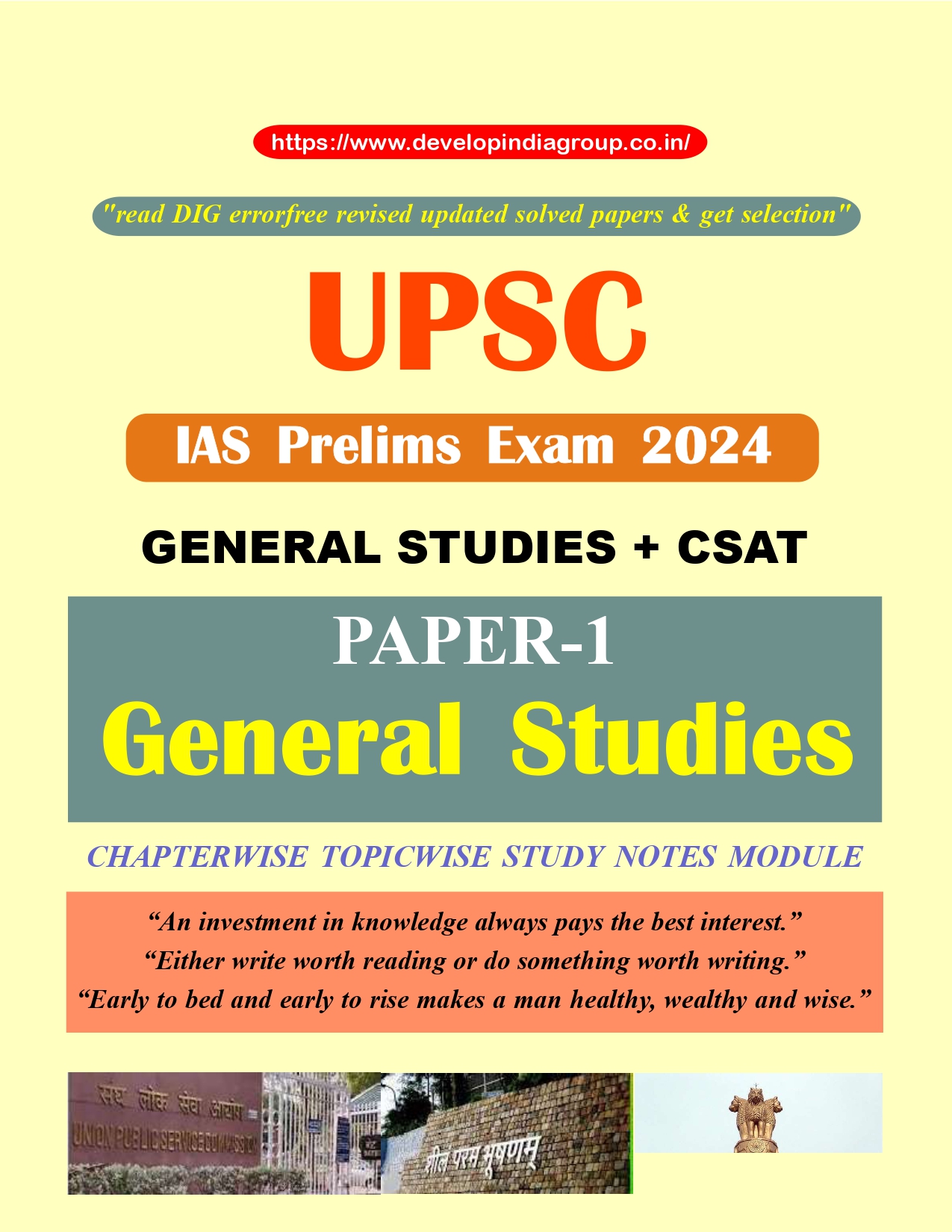
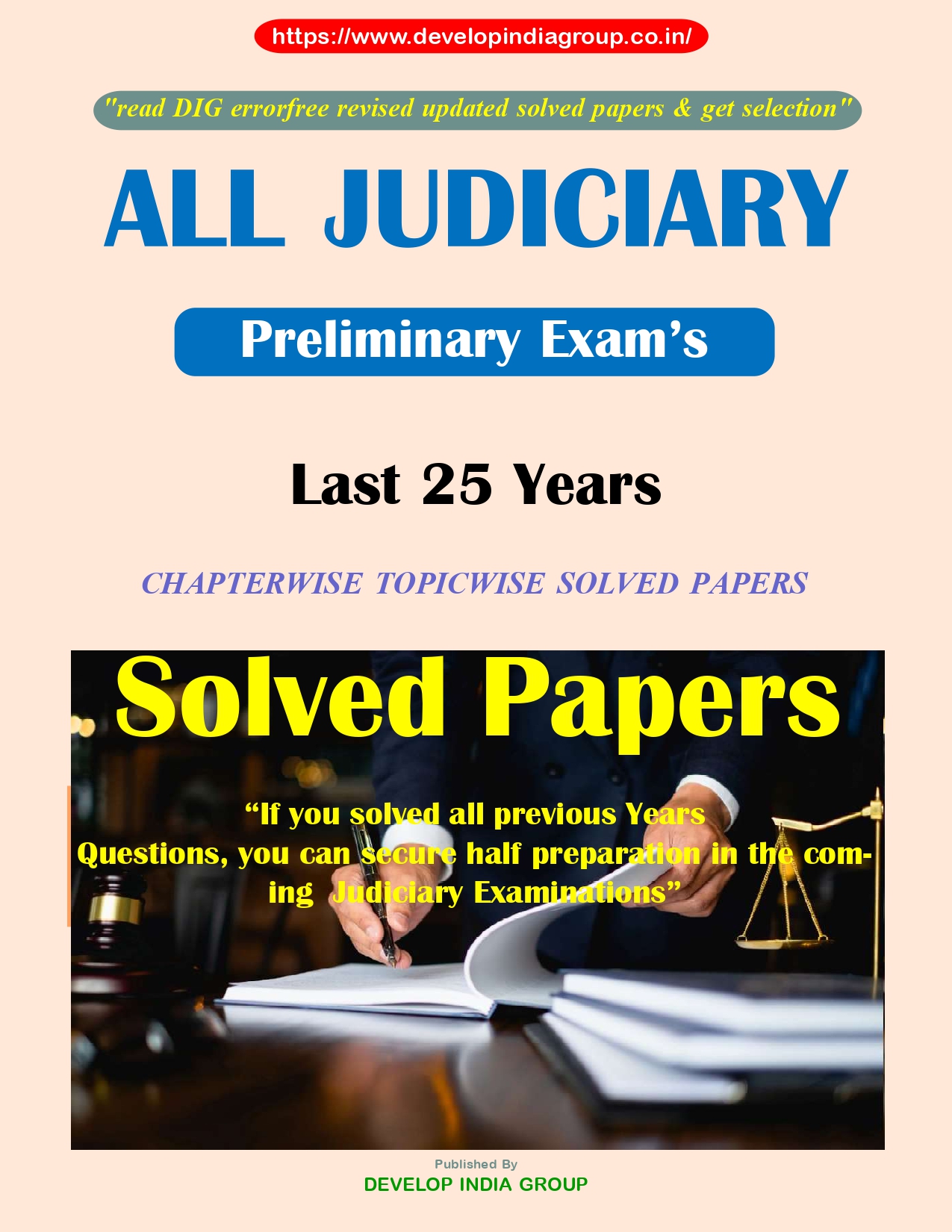
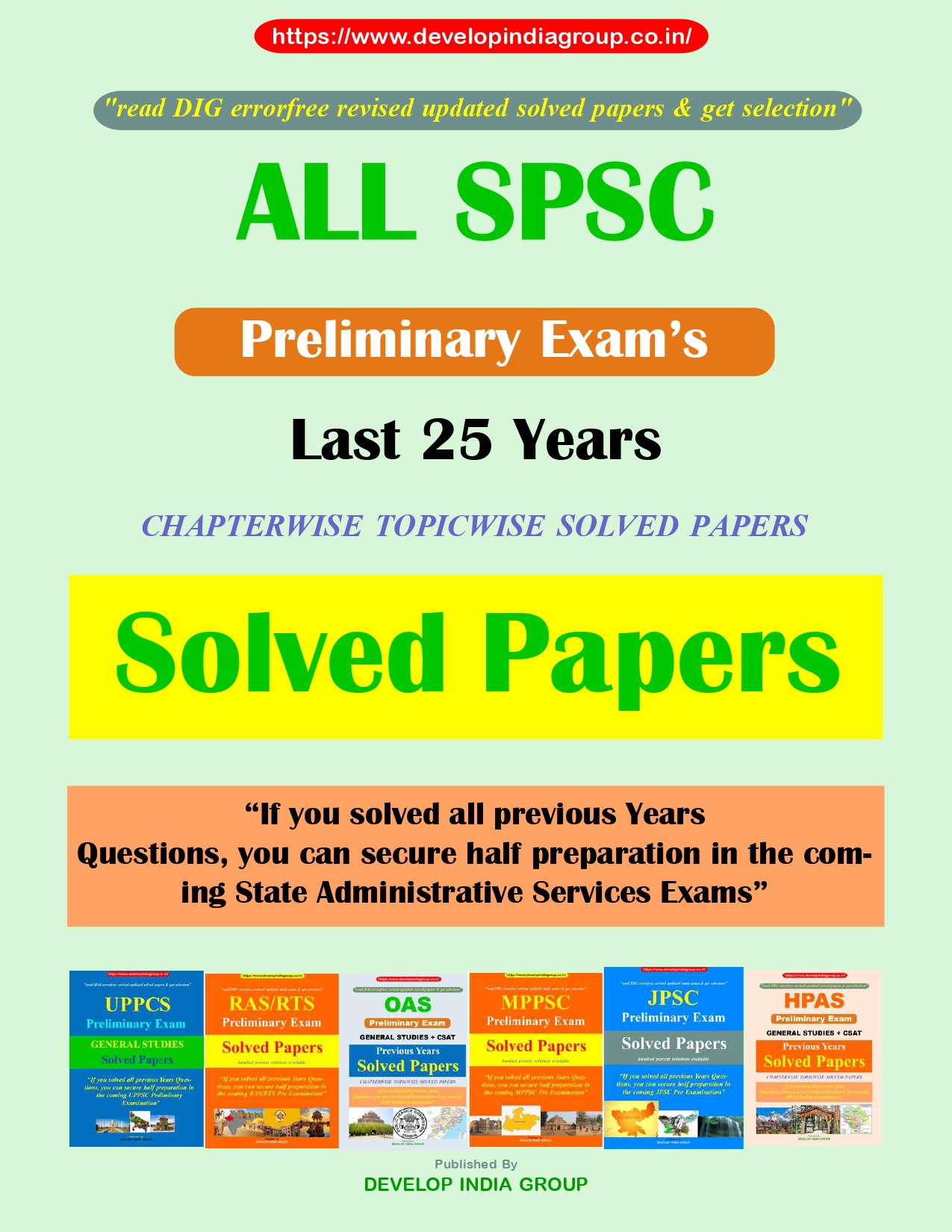

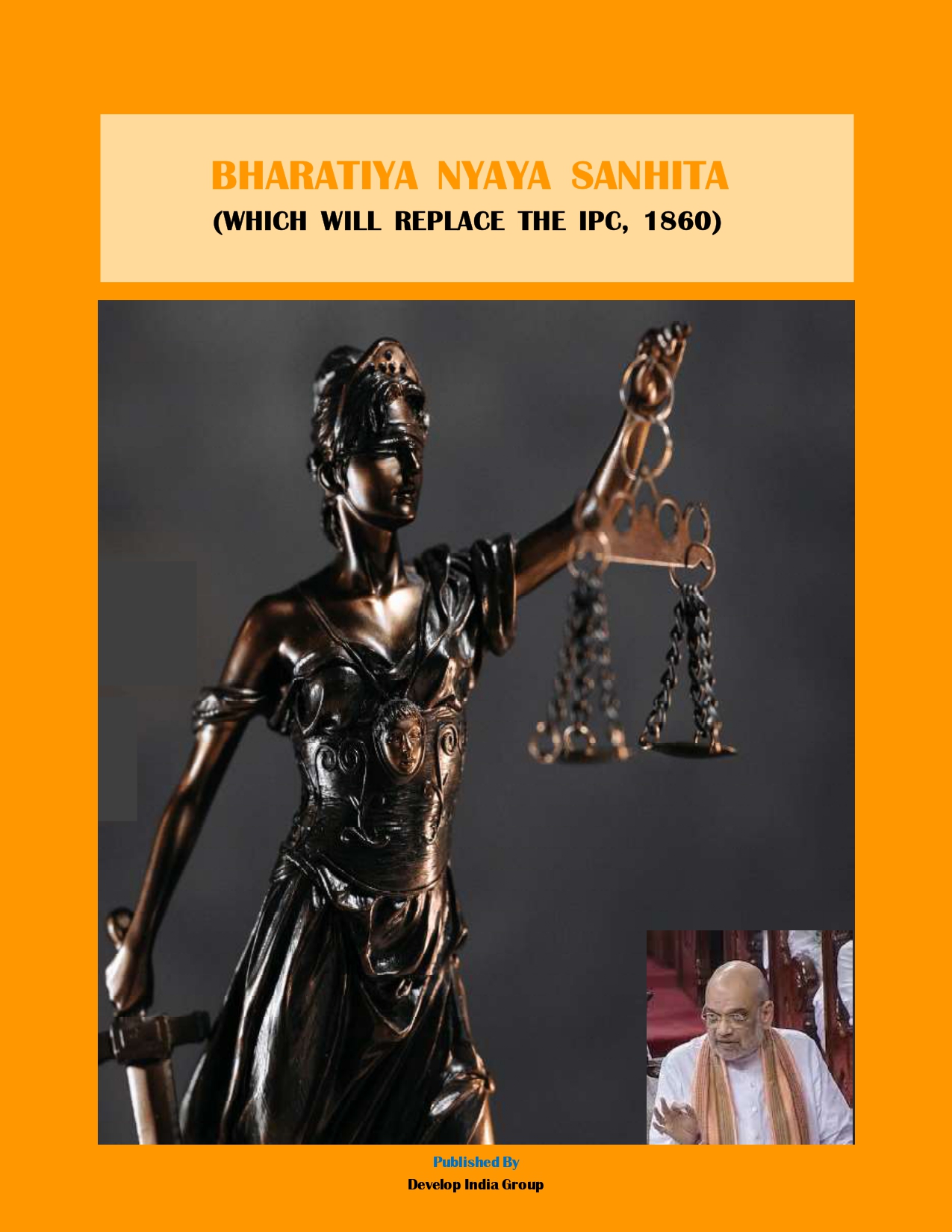




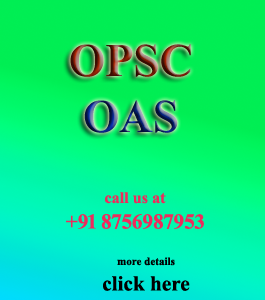






 or
or  or
or  on this number 8756987953
on this number 8756987953 









